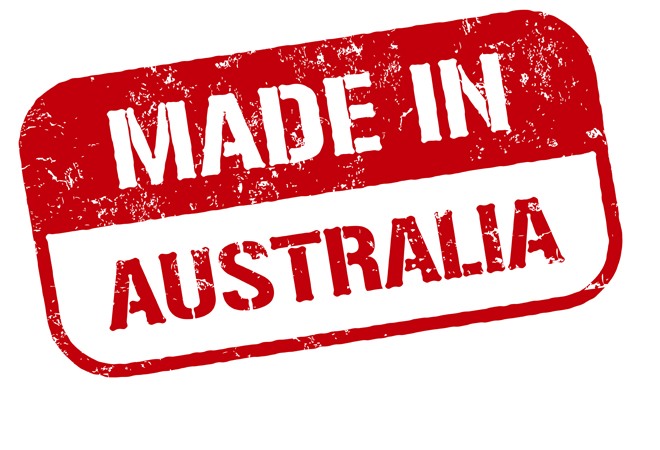How does the US election result affect Australians?
In a statement from the prime minister’s office, PM Anthony Albanese wrote, “Our Government will work closely with the new Trump Administration to realise the benefits of our strong economic partnership.”
“I look forward to talking with President Trump and working with him in the best interests of both our nations.”
Opposition leader, Peter Dutton, praised the US as “an overwhelming force for good in the world” – and big noted the recent AUKUS pact between Australia, the US and the UK.
“May the years ahead be some of the most defining for our Alliance in which … we unleash the defence, industrial and economic opportunities of AUKUS at speed and scale,” Dutton said.
Former prime ministers Scott Morrison and Tony Abbott also jumped at the chance to heap praise on Trump with Morrison telling ABC News that the embattled president, “is like unlike any other politician you will ever come across … I think what he brings now is an assertiveness and a strength to the role, which I think will have a very positive impact on global security issues.”
Meanwhile Abbott tweeted, “Self belief is what the West needs right now and Trump has that in spades.”
But someone who may not be celebrating the return of Trump to office is former PM and current Australian Ambassador to the US, Kevin Rudd. Rudd, before becoming ambassador in March 2023, had been critical of Trump, calling him, “the most destructive president in history, ” and “a traitor to the West” on Twitter (X).
“He drags America and democracy through the mud. He thrives on fomenting, not healing, division. He abuses Christianity, church and bible to justify violence,” wrote Rudd.
When confronted with Rudd’s comments in an interview in March this year, Trump stated, “I don’t know much about him. I heard he was a little bit nasty. I hear he’s not the brightest bulb…”
“But if he’s at all hostile, he will not be there long.”
As it stands, Minister for Foreign Affairs Penny Wong has confirmed that Rudd will be staying on as ambassador despite the tension.




